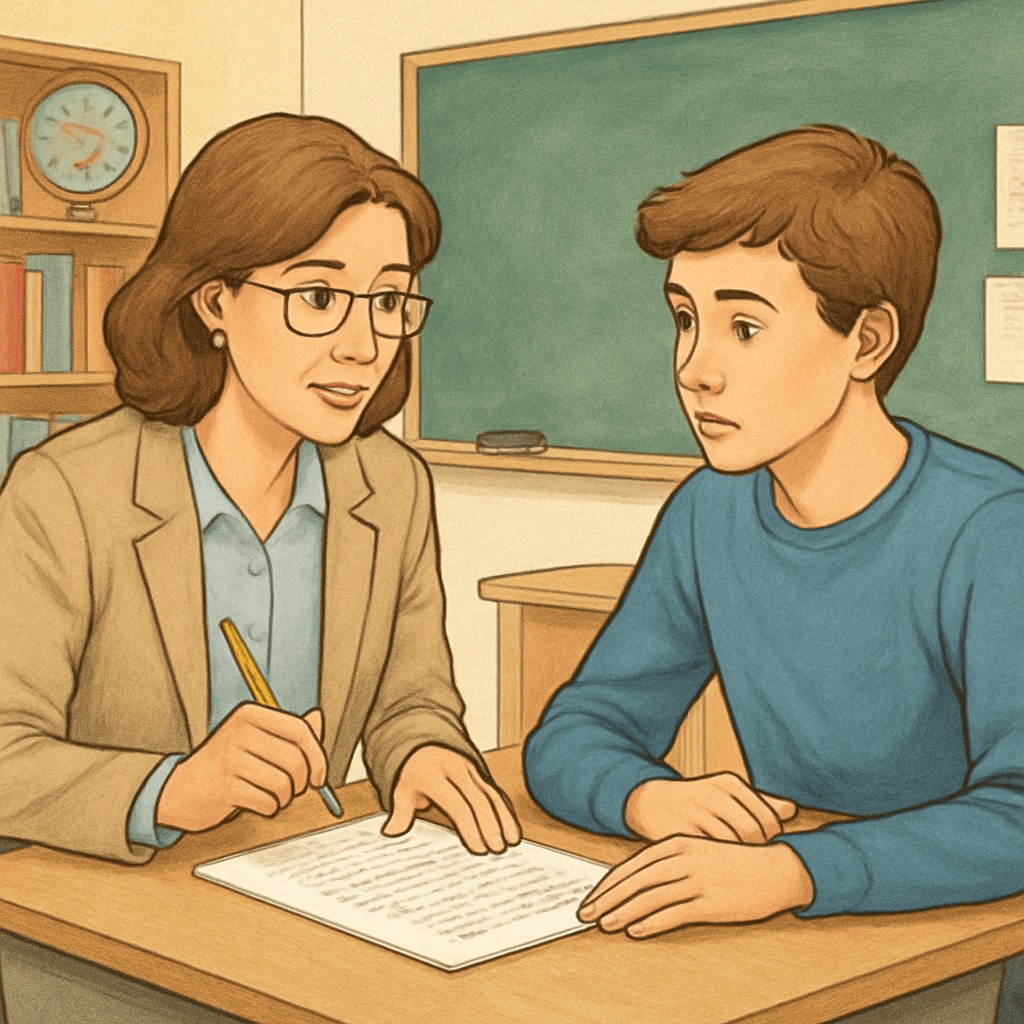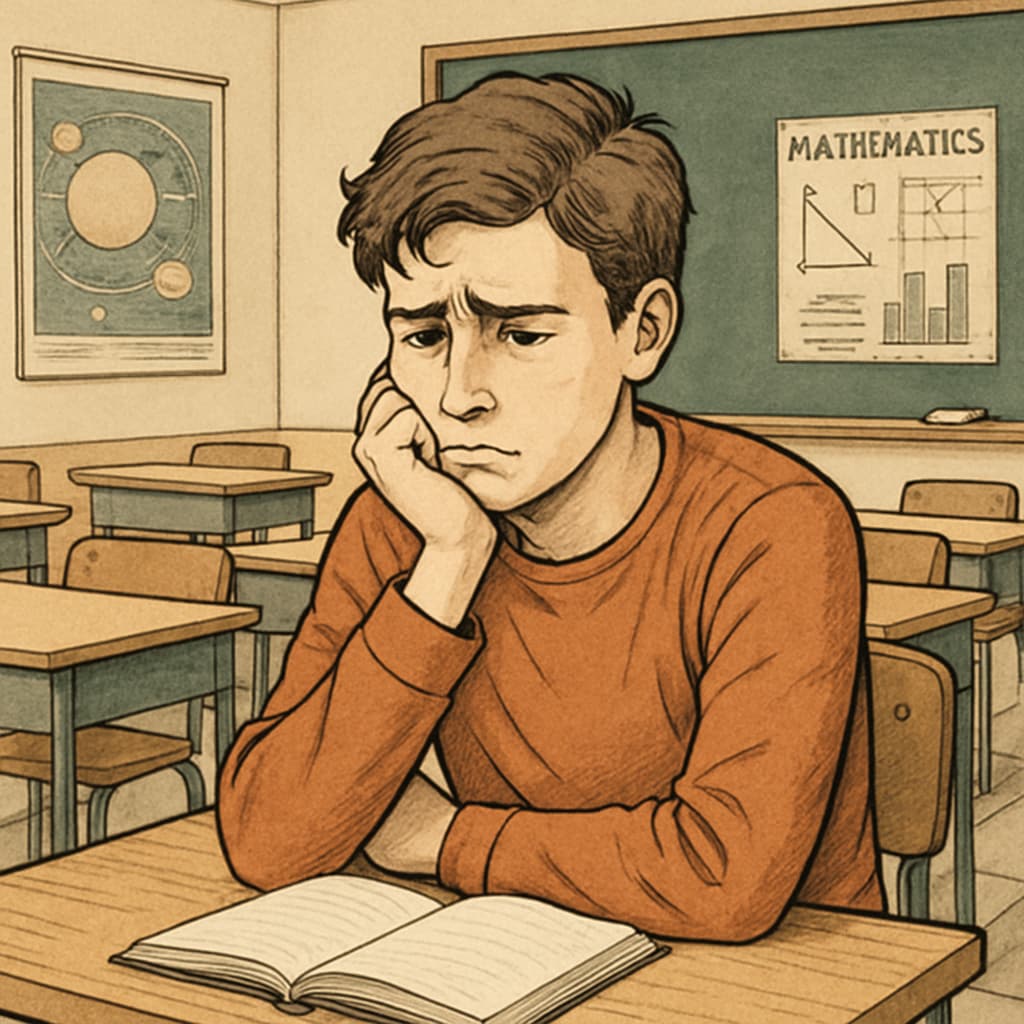False plagiarism accusations by professors can severely impact the trust and dynamics of the teacher-student relationship, especially in K12 education settings. These unwarranted claims not only harm students emotionally but can also have long-term consequences for their academic journey. Understanding why such accusations happen and how to address them is critical for fostering a fair and transparent educational environment.

Understanding False Plagiarism Accusations
Plagiarism, defined as the act of using someone else’s work without proper attribution, is a serious offense in academia. However, false plagiarism accusations occur when educators mistakenly or unjustly accuse students of such acts. There are several reasons behind this phenomenon:
- Mistaken Identity: Teachers may confuse students’ work with existing material due to similarities in phrasing or ideas.
- Lack of Awareness: Some educators may lack training in recognizing genuine plagiarism versus coincidental overlaps in content.
- Bias or Misjudgment: Implicit biases could lead to unfair scrutiny of particular students’ work.
For example, students working on research-intensive assignments may inadvertently include phrases that resemble sourced material, even if they’ve cited correctly. Teachers unfamiliar with newer citation styles or technological tools may misinterpret these efforts as plagiarism.
Impacts on Students and the Educational Environment
False accusations can have profound effects on students and the broader educational ecosystem. First and foremost, they undermine the trust between teachers and students. When students feel unfairly targeted, their confidence and motivation to excel academically may diminish. Additionally, such incidents can lead to:
- Emotional Stress: Students may experience anxiety, frustration, or humiliation.
- Academic Consequences: Accusations could result in penalties that affect grades or future opportunities.
- Damage to Reputation: Unsubstantiated claims might tarnish students’ records and credibility.
Moreover, the educational environment may suffer as a result of strained relationships. Students may become overly cautious, avoiding creative expression or in-depth research for fear of being accused. This stifling atmosphere can hinder critical thinking and innovation in classrooms.

Solutions to Restore Trust and Academic Integrity
Addressing false plagiarism accusations requires systemic changes and collaborative efforts. Educators, administrators, and students must work together to ensure fairness and transparency in academic evaluations. Here are some actionable solutions:
- Educator Training: Teachers should receive training on identifying plagiarism, using detection tools, and understanding citation practices.
- Clear Guidelines: Schools should establish standardized policies for handling plagiarism accusations, including a review process to ensure fairness.
- Open Communication: Encouraging dialogue between students and teachers can help clarify misunderstandings and resolve disputes.
- Technological Tools: Advanced plagiarism detection software can assist educators in accurately assessing student work.
Additionally, fostering a culture of trust and respect is essential. Teachers should approach each accusation with care and objectivity, ensuring that students are given the opportunity to explain their work and intentions. Schools should also prioritize creating safe spaces for students to express concerns about fairness.
Conclusion: Building a Fair Educational Framework
False plagiarism accusations are a significant challenge within K12 education, but they can be mitigated with strategic interventions and a commitment to equity. By addressing biases, improving training, and leveraging technology, educational institutions can uphold academic integrity while nurturing healthy teacher-student relationships. Ultimately, a transparent and fair system benefits not only individual students but the entire academic community.
Key Takeaway: Building trust and fairness in education requires proactive efforts to prevent false accusations and promote understanding between professors and students.


